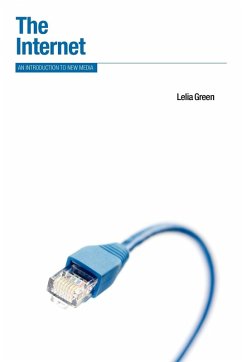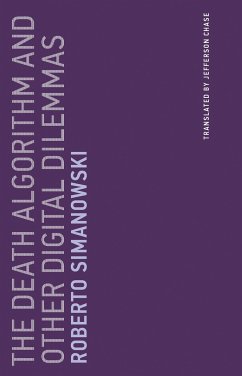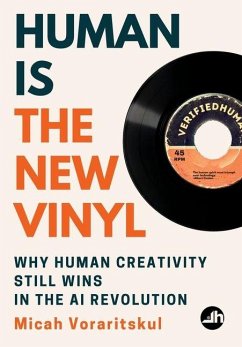
Imaginary Futures
From Thinking Machines To The Global Village

PAYBACK Punkte
20 °P sammeln!
Richard Barbrook examines the politics of our imagined futures. Countless books, films and TV shows have envisioned the future as a place where technology and artificial intelligence hold the key to human society. Tracing these visions back to the 1950s and 1960s, he shows how deeply they draw on the propaganda ideologies of the Cold War. As technology advanced it was quickly co-opted for military purposes. Barbrook explores how the potentially subversive theory of cybernetics was transformed into the military-friendly project of 'artificial intelligence'. Capitalist growth became the root of the 'information society'. Barbrook places today's excitement about the web and other technological advances in a critical light. He shows how today's vision of the future is not new, and how it serves a specific political purpose - the advancement of US interests. By analysing the history of our imaginary futures, Barbrook also shows that we can invent our own improved visions of the future.
This book is a history of the future. It shows how our contemporary understanding of the Internet is shaped by visions of the future that were put together in the 1950s and 1960s. At the height of the Cold War, the Americans invented the only working model of communism in human history: the Internet. Yet, for all of its libertarian potential, the goal of this hi-tech project was geopolitical dominance: the ownership of time was control over the destiny of humanity. The potentially subversive theory of cybernetics was transformed into the military-friendly project of 'artificial intelligence'. Capitalist growth became the fastest route to the 'information society'. The rest of the world was expected to follow America's path into the networked future. Today, we're still being told that the Internet is creating the information society - and that America today is everywhere else tomorrow. Thankfully, at the beginning of the twenty-first century, the DIY ethic of the Internet shows that people can resist these authoritarian prophecies by shaping information technologies in their own interest. Ultimately, if we don't want the future to be what it used to be, we must invent our own, improved and truly revolutionary future.













